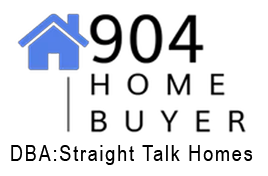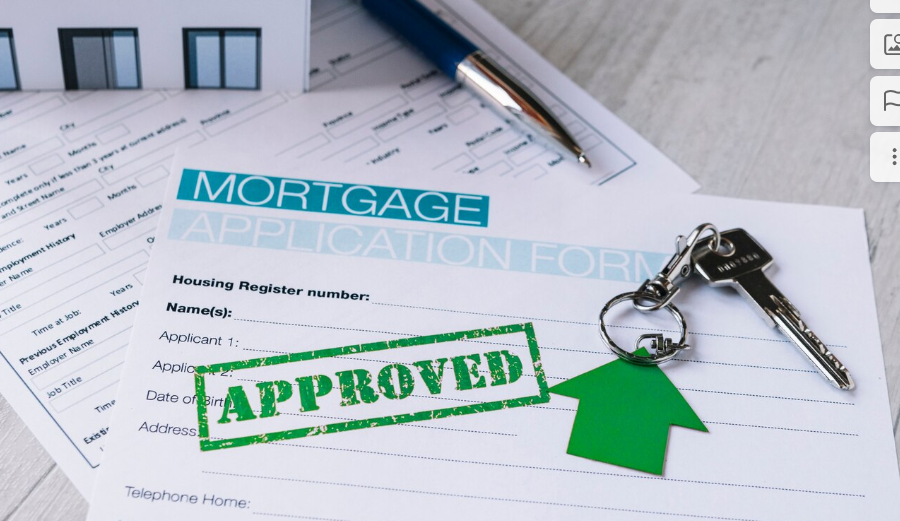Selling a Home in a Gated Community: Florida Seller’s Checklist
Selling a home in a gated community isn’t like listing just any property on the market. There’s a layer of polish, permission, and paperwork that comes with the territory. Between HOA rules, gate access policies, and community standards, Florida homeowners need a slightly different game plan to get that “Sold” sign up.
904 Home Buyer has worked with plenty of sellers in deed-restricted neighborhoods, so trust us when we say—it pays to prep ahead. Here's your go-to checklist for a smooth and successful sale.
Understand the Rules Before You List
Homeowners’ Associations (HOAs) can be helpful… or a headache. The key is knowing the rules before your house hits the market. Most HOAs in Florida gated communities require some level of notification or even approval before a home is listed for sale.
Here’s what to watch for:
- Pre-listing forms or disclosures: Many associations require sellers to notify them of the intent to sell and may require signed forms from both seller and buyer.
- HOA document packages: Buyers usually receive these as part of their due diligence. As a seller, you may be required to order and provide them.
- Transfer fees: Not all HOAs have them, but some do. They can range from $100 to over $1,000. Be sure to factor this into your closing costs.
You’ll want to review the HOA’s covenants, conditions, and restrictions (CC&Rs). These outline what can and can’t be done with the property—super important if a buyer wants to make changes down the road.
Gate Access and Showing Logistics
You’re in a gated community for a reason—privacy and security. But those perks can make showings a bit tricky.
- Temporary gate codes: Some communities offer temporary access codes for real estate agents. Others may require guests to be buzzed in every time.
- Guarded gates: These often require the listing agent to pre-register each visitor, including names and showing times.
- Limited hours: Some communities restrict visitor access during certain hours or weekends.
Make sure your agent understands the gate protocols from the start. Better yet, include showing instructions in the MLS listing so agents know what to expect. Smooth access = more showings = faster sale.
Don’t Skimp on Curb Appeal
Curb appeal always matters, but in a gated neighborhood with deed restrictions? It's mandatory. Your HOA may require the exterior to meet certain maintenance standards before the home is sold.
Watch out for:
- Dirty roofs (yes, that HOA violation notice will show up fast)
- Dead plants or brown spots in the lawn
- Old paint jobs or damaged trim
- Unapproved fixtures or additions
You might be required to fix violations before closing, even if you’re under contract. It’s not just about looking good—it’s about passing inspection by the HOA or architectural committee.
Tip: Walk your property like a picky neighbor would. Better yet, ask your agent to do it with you.
Prepare Your Paper Trail
Deed-restricted communities often come with extra layers of documentation. Here’s what to gather before you list:
- Past HOA correspondence: Including violation notices or approvals for renovations
- Permit history: Especially for additions like patios, pools, or fences
- HOA rules & regulations: Most buyers will want to see these upfront
- Seller’s disclosures: Required by Florida law, but especially important in tight-knit communities where buyers want to know exactly what they’re buying into
The smoother your paperwork, the easier it is to close the deal.
Pricing for the Gated Lifestyle
Living behind a gate doesn’t automatically boost your sale price. It all depends on what the community offers—and what the buyer pool expects.
If the amenities are high-end (think tennis courts, clubhouses, golf courses), you might get a pricing bump. But if the HOA fees are steep without much to show for it, buyers might think twice.
Be realistic. Compare homes sold in the same community—not just nearby zip codes. A non-gated home down the road might sell for less, but it also doesn’t come with monthly dues.
Buyer Approval Might Be Required
Some Florida gated communities require buyer approval by the HOA or a board. It’s often a formality, but it can delay the process if not handled early.
Typical requirements include:
- Background checks
- Credit reports
- Interviews or application fees
Your real estate agent should coordinate with the HOA to start the approval process as soon as the offer is accepted. Waiting too long could push closing back or worse—jeopardize the deal.
Final Thought: It's All About Preparation
Selling a home in a Florida gated community takes more than just sticking a sign in the yard. You’ve got rules, restrictions, and expectations to manage—on top of the regular selling process.
But with the right prep and a team that knows the terrain, selling in a gated neighborhood doesn’t have to be complicated.
Use this checklist as your starting point, and you’ll be ready to handle the HOA, the gate, and everything in between.

Salim Omar
Salim is a straight-talking CPA with 30+ years of entrepreneurial and accounting experience. His professional background includes experience as a former Chief Financial Officer and, for the last twenty-five years, as a serial 7-Figure entrepreneur.









